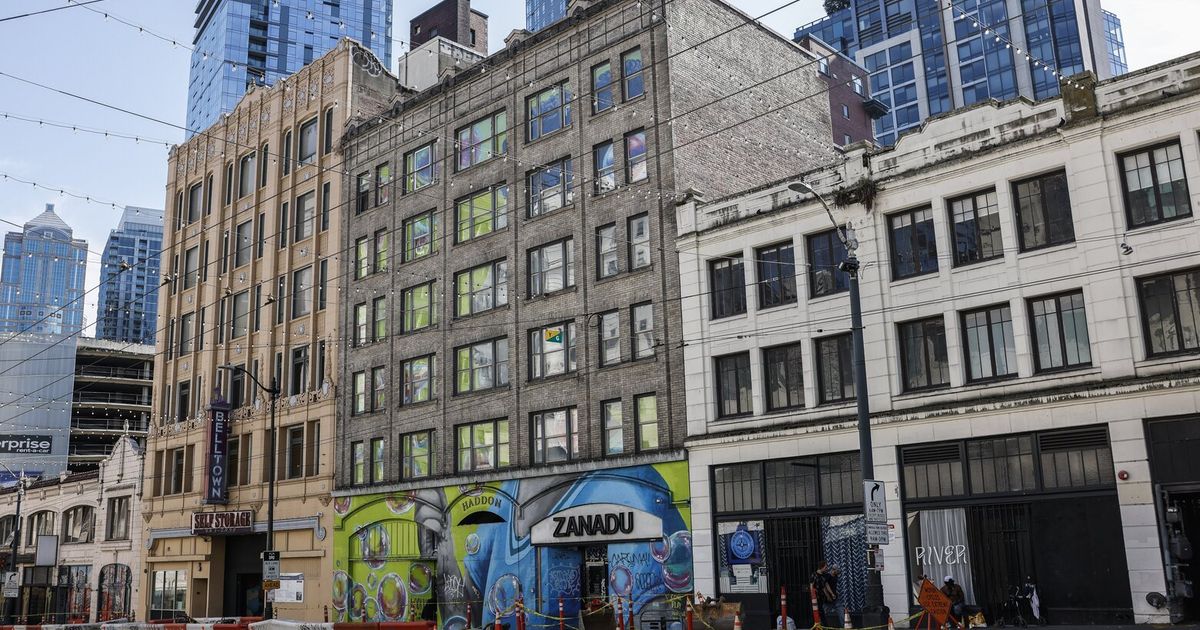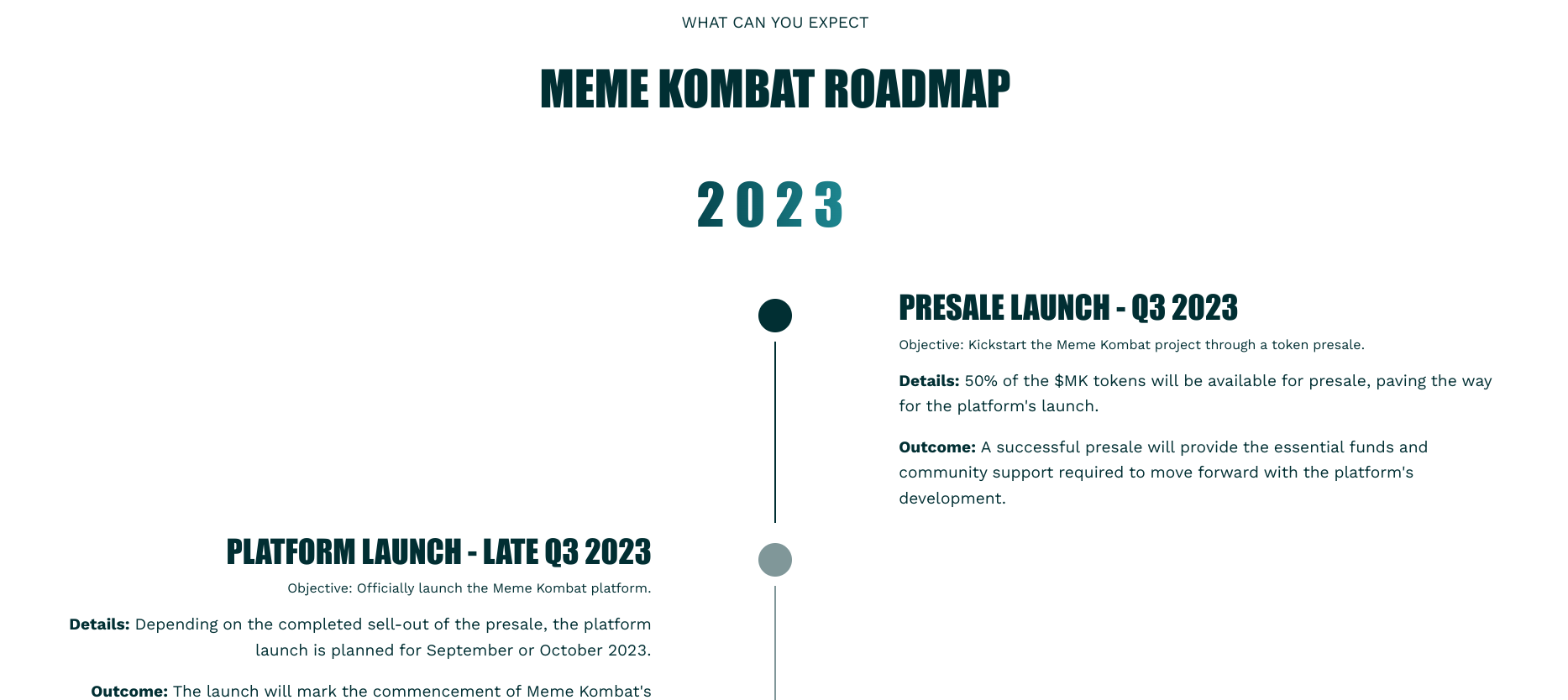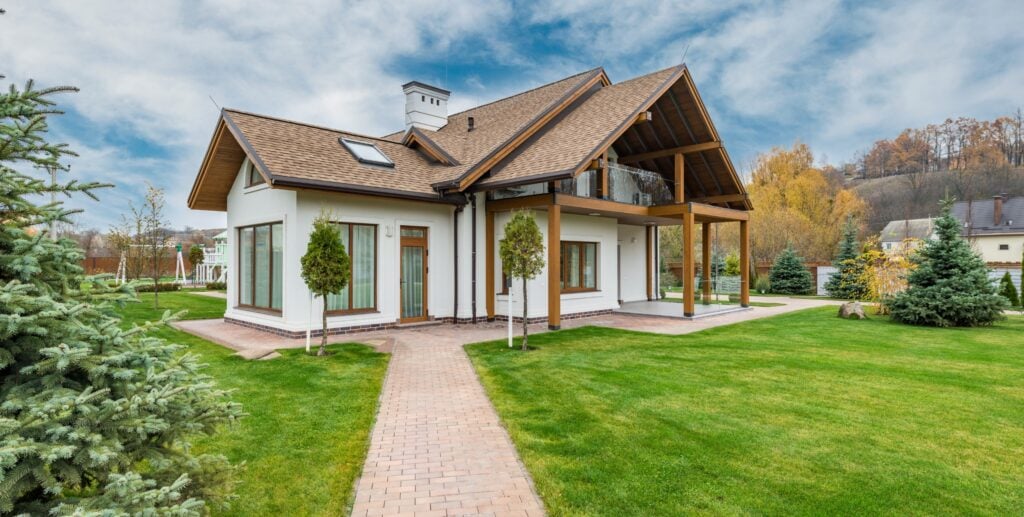For local music lovers, the news hit like an errant elbow in the mosh pit. Within a matter of months, toward the end of 2022 and beginning of 2023, the owners of venerable punk bar Victory Lounge, and Lo-Fi Performance Gallery, Seattle’s quirkiest music venue, each announced their imminent closures, citing rent hikes and the inability to secure long-term leases without buyout clauses.
Coupled with the extended dormancy of Black Lodge, an underground all-ages punk venue in the same building as Lo-Fi, it looked like the end of an era for the three neighbors that turned a freeway-adjacent corner of Eastlake Avenue into a scrappy punk mecca and alternative nightlife hub along the scruffier edge of South Lake Union.
However, against the real estate-developing odds, some of that old flavor is coming back to the corner of Republican Street and Eastlake Avenue when a bigger, safer Black Lodge reopens next week under the guiding hands — and 501(c)(3) status — of The Vera Project.
“We realized all of a sudden it’s going to go from three super important, very youth-oriented community punk music spaces to zero … overnight,” said Ricky Graboski, executive director of the nonprofit venue and youth program. “It just placed a higher emphasis on the importance of the entire project.”
Now up to city code, Black Lodge 2.0 has taken over the entire building, knocking a “Kool-Aid man-style” hole in the wall to connect the two spaces without changing their footprints. Black Lodge’s new stage is being rebuilt where Lo-Fi’s was, while the old Black Lodge side will be used for filming studio sessions with bands and Vera’s video-production classes teaching youth how to shoot live performances, music videos and various film projects.
“[We’re] trying to make it a community space to record in-studios, something where the bands that haven’t hit KEXP’s radar yet can start, get good recordings,” Graboski said.
Putting the extra square footage to good use, Hollow Earth Radio — a community station uprooted from its Central District home last year — and a new record shop are also moving into the front half of the former Lo-Fi space. While Lo-Fi’s front bar remains, its funky sidecar lounge is being converted into Hollow Earth’s control room. Nellis Records is being launched by Brad Tilbe, who managed Light in the Attic’s brick-and-crates location inside KEXP’s Gathering Space.
“He’s got a very cool and weird taste in music that doesn’t necessarily fit in a conventional space,” Graboski said, “and so do we. So it made perfect sense.”
The reborn Black Lodge holds its public grand opening Oct. 7-8, with performances from Boston indie rockers Vundabar (Saturday) and local experimental noise rockers J.R.C.G. (Sunday).
To that end, Black Lodge will also retain its focus on the punk and hardcore bands that make up the backbone of the DIY scene, as well as its collective approach to booking by involving youth and organizers from other DIY spaces like the short-lived Cherry Pit in the Central District. “It’s important to us that this isn’t just Vera Project Pt. 2. It’s not a satellite location, this is a DIY space,” Graboski said. “I think if we’re able to keep hands off a little bit, preserve the space, keep it safe and let the community run with it, then we can make something important happen.”
Helping with the continuity, at least two Vera staffers — artistic director Jason Clackley and production coordinator JJ Johnson — are also Black Lodge alums. In keeping with both Vera and Black Lodge tradition, every show will continue to be all ages. But with a nonprofit liquor license, the venue will open one night a week with alcohol sales, the primary revenue stream for most tallboy-cracking rock clubs around town.
All told, the renovations, which included redoing an electrical system Graboski called a “horrifying fire hazard” and installing a new donated sound system, were done on a relative punk-rock budget of $165,000 — about the cost of a modest kitchen renovation in a typical Seattle home. Vera brass hope Black Lodge can serve as a model for keeping similar DIY spaces, which usually operate without permits, alive and operating safely amid soaring real estate prices across the country and increased scrutiny from city inspectors after a 2016 fire at an Oakland warehouse venue killed 36 people.
Over its 15-plus years, the community-centric Black Lodge and other DIY venues have been important entry-level incubators for local musicians, providing stages for artists to develop without commercial expectations or preferences for more mainstream tastes. After growing up as “a young queer kid in Bremerton,” Clackley found community in Seattle’s DIY scene when he moved here in 2007. In that time, he’s seen a number of DIY spaces come and go — a typical cycle as some get broken up by the city and others fold when organizers get burnt out or booted from their space.
“The experiment is to figure out how we can do this more sustainably,” Clackley said. “As an older DIY punk/hardcore kid, I can’t buy the ‘things come and go’ thing anymore. There’s not enough real estate to keep saying that. And real estate becomes inaccessible.”
He’s not kidding. Black Lodge’s second coming was almost snuffed out before it started. Four days after Vera went public with their Black Lodge plans last year, Graboski said, the landlord called to let him know they were trying to sell the building. At some point, the landlord talked of a buyout offer, which Vera Project — which already had a 3.5-year lease — rejected. (The landlord could not be reached for comment.)
“The whole point’s to preserve this space,” Graboski said.
















